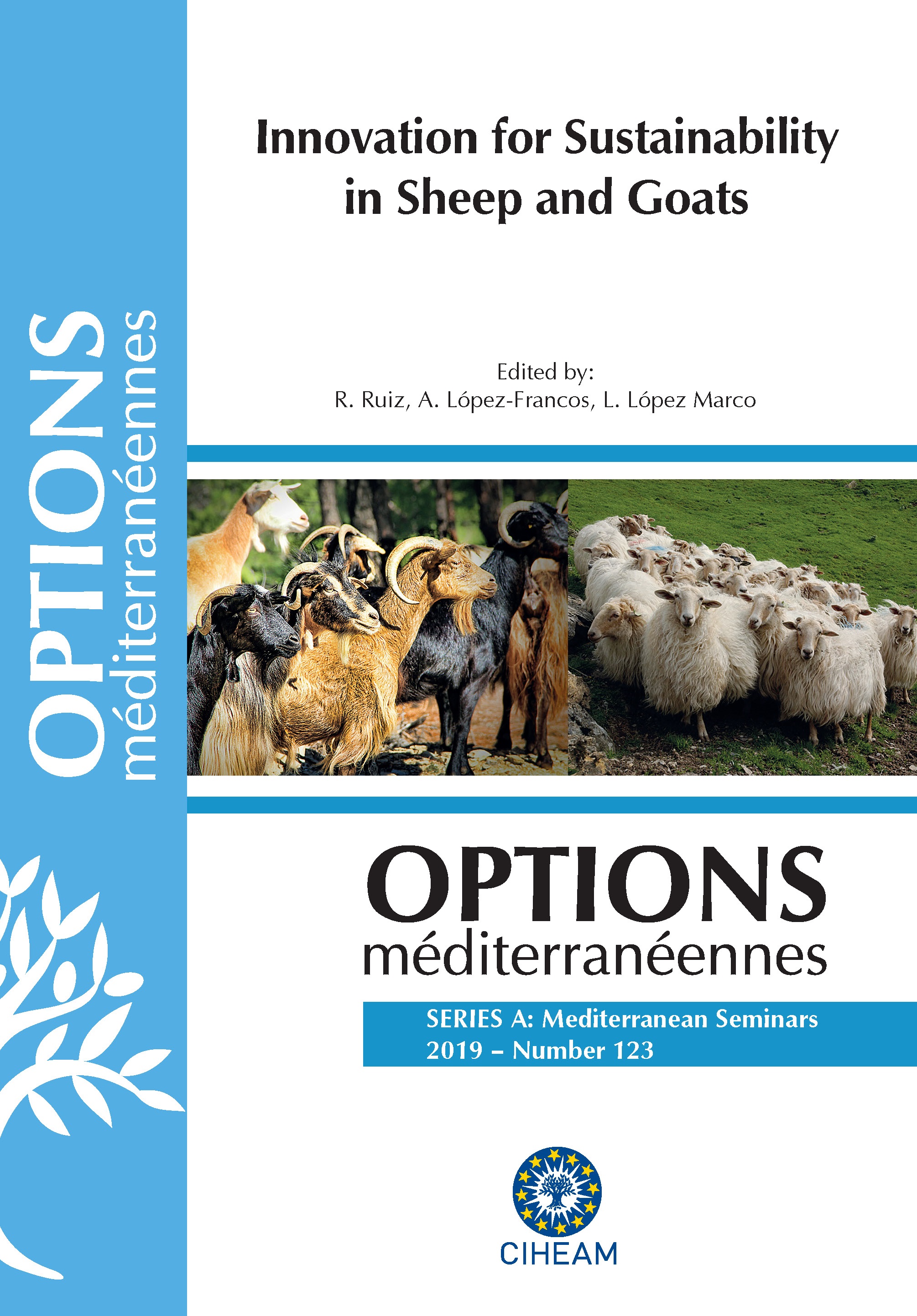| Article précédent | p. 43-49 | Article suivant |
L’intérêt de dispositifs d’apprentissage organisationnels pour s’adapter à un contexte de changement Exemples en élevage laitier et en coopérative laitière
En partant des principes et des concepts de l’innovation et de l’apprentissage organisationnel, nous montrons dans cette communication l’intérêt de mettre en place des dispositifs de pilotage stratégique permettant aux acteurs de s’adapter chemin faisant à un contexte agri alimentaire en évolution (mutations des marchés, des attentes des consommateurs, de la société sur les façons de produire, de l’environnement,…). Pour s’adapter – et tirer parti – de ces changements, les éleveurs et les filières doivent pouvoir faire évoluer leur organisation : avoir une lecture des changements de situation, raisonner la façon d’adapter en conséquences les règles et le fonctionnement du système, établir de nouvelles normes et valeurs au sein de l’organisation. Nous mettrons ici l’accent sur l’intérêt des concepts d’apprentissage organisationnel et d’objets intermédiaire pour mettre en place un dispositif et des outils permettant aux acteurs de suivre les changements de les analyser et de penser en cohérence une évolution de leur organisation. Nous prendrons deux exemples. L’un concerne l’autonomie fourragère en élevage. L’autre la gestion de la saisonnalité de la collecte laitière d’une coopérative.
From principles and concepts of innovation and organizational learning, we will analyse in this communication the interest to implement strategic steering devices allowing the actors to adapt in the course of action to evolving context of agri food systems. This include changes in markets, consumers habits, concernment of society about livestock farming practices, environmental changes. To adapt and take advantage of these changes, the players in the agri-food sectors and farmers have to reshape accordingly their organizations. Being resilient in the face of a situation of change is a real problem that requires both the flexibility to change and robustness to define rules that fit the organization. Here, we will focus on the interest to set up a device and tools, such as the logs, allowing the actors to follow changes to analyze and think an evolution of their organization accordingly. We will take as examples questions about foraging autonomy at farm level on one hand and on the other hand the management of saisonality of deliveries for a dairy cooperative.
- [ Afficher ]
- [ Télécharger ]
- [ Exporter la citation ]
Vous pouvez télécharger la citation au format :
- [ Imprimer ]
-
Mots-clés
APPRENTISSAGE, INNOVATION, SYSTEME D'ELEVAGECiter cet article
M. Napoléone L’intérêt de dispositifs d’apprentissage organisationnels pour s’adapter à un contexte de changement Exemples en élevage laitier et en coopérative laitière. In : Ruiz R. (ed.), López-Francos A. (ed.), López Marco L. (ed.). Innovation for sustainability in sheep and goats. Zaragoza : CIHEAM, 2019. p. 43-49. (Options Méditerranéennes : Série A. Séminaires Méditerranéens; n. 123). 2. Joint Seminar of the Subnetworks on Nutrition and on Production Systems of the FAO-CIHEAM Network for Research and Development in Sheep and Goats, 2017/10/03-05, Vitoria-Gasteiz (Spain). http://om.ciheam.org/om/pdf/a123/00007857.pdf



